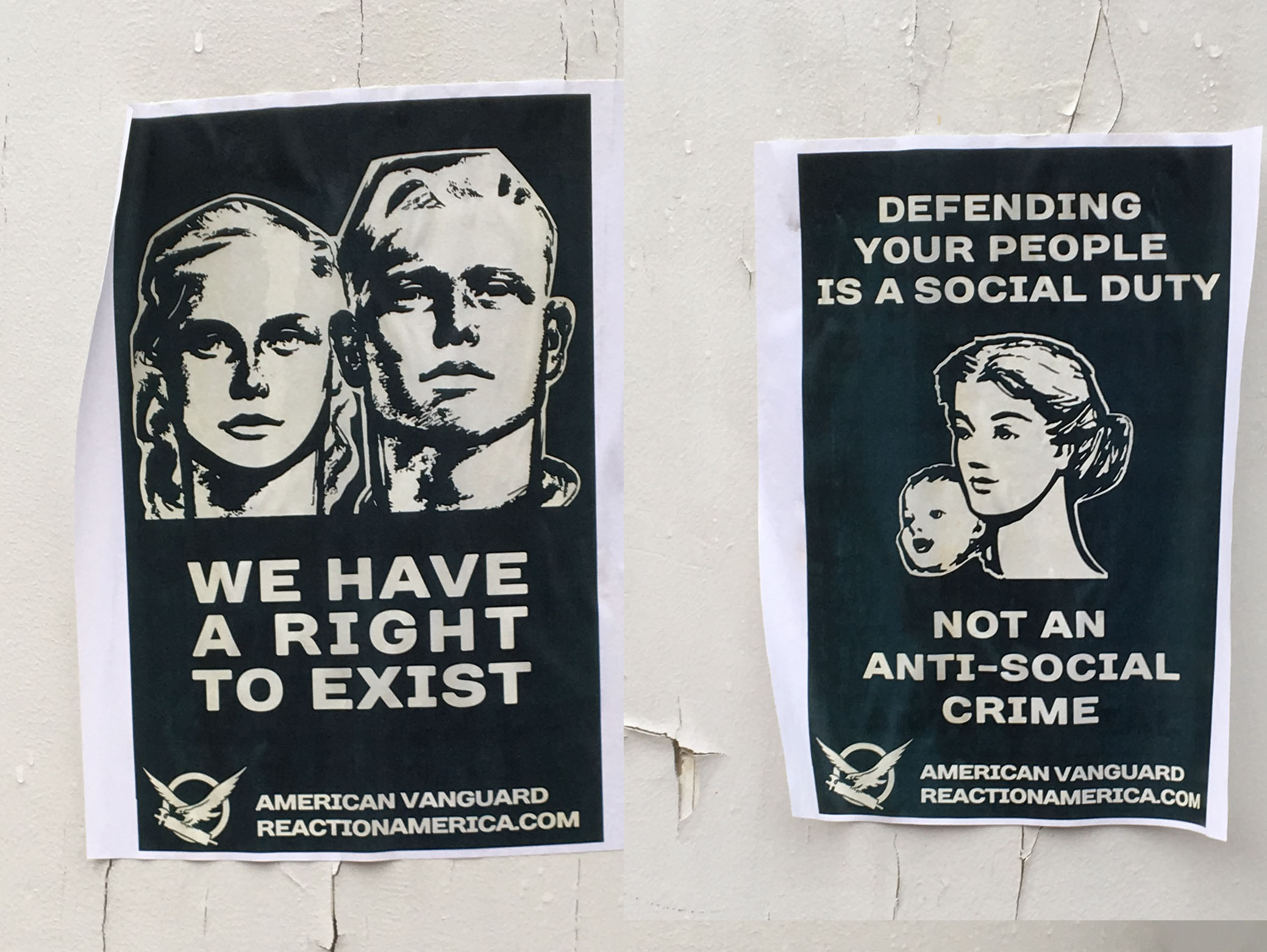Views expressed in opinion columns are the author’s own.
Last week, my fellow Diamondback columnist Liyanga de Silva wrote a piece about why banning hate speech at the University of Maryland would breach students’ First Amendment rights. Although I appreciate her argument, I must disagree with her conclusions.
Over the last year, a noose has been found in a fraternity house, swastikas have been discovered drawn on academic buildings and a student discovered the phrase “REEEEE” — which is ableist — written over the definition of homophobia they had on their whiteboard.
Although de Silva points out these incidents are acts of vandalism and not protected by free speech, other hate-based incidents have sprung up that are allowed by current university policies.
White nationalist posters have made several appearances across campus following the election of President Trump. As University Police spokeswoman Sgt. Rosanne Hoaas noted after one such incident in March, students can put up posters that express any opinion, and as de Silva points out, they can also wear clothing bearing a hateful phrase. That suggests students are allowed to post flyers claiming the white race is superior to all others and can walk around with swastikas on their shirts.
Not only do such actions disrupt the learning environment of the university, they potentially make students feel unsafe on the campus that is supposed to be their home. This feeling is unfortunately reasonable, given the tragic murder of 2nd Lt. Richard Collins in May.
In response to the recent string of hate-based incidences, a University Senate committee is seeking to expand an existing ban on symbolically hateful items at athletic events to all campus facilities. While de Silva argues this is a breach of students’ rights to free speech, I would argue that such bans would constitute a legal support for student safety and an environment conducive to learning.
Free expression restrictions already exist. Title IX requires all schools receiving federal funds to provide a safe education for all students. Because nearly every university gets federal funds in some capacity, Title IX applies to colleges across the country. This law exists to prevent discrimination on any basis; thus, the Title IX office at our university must be committed to investigating incidences of hate speech, which clearly amount to a violation.
Furthermore, de Silva continues by arguing that “having experiences with hateful people can be important for those of us who are marginalized.” This sentiment is dangerous. Logan Dechter, the student whose whiteboard was written over in the aforementioned incident, was so upset that he skipped one of his classes. To suggest that Dechter should learn from this incident, or that any marginalized student should have to learn from a bigot, normalizes hate. Bigots have nothing to teach us, and we should not allow their hatred to become normalized into our society.
Instead of accepting hate speech as an unfortunate evil we have to live with and learn from, the University Senate should move forward with its plan to ban such hateful symbols across the campus.
This university must prioritize the safety and security of marginalized students and the maintenance of an environment conducive to learning for all students over the free expression of bigots. As the university community continues to seek answers following Collins’ murder, we must prevent any further hate from spreading across our campus.
Mitchell Rock is a senior government and politics and physiology and neurobiology major. He can be reached at mrock13@umd.edu.



